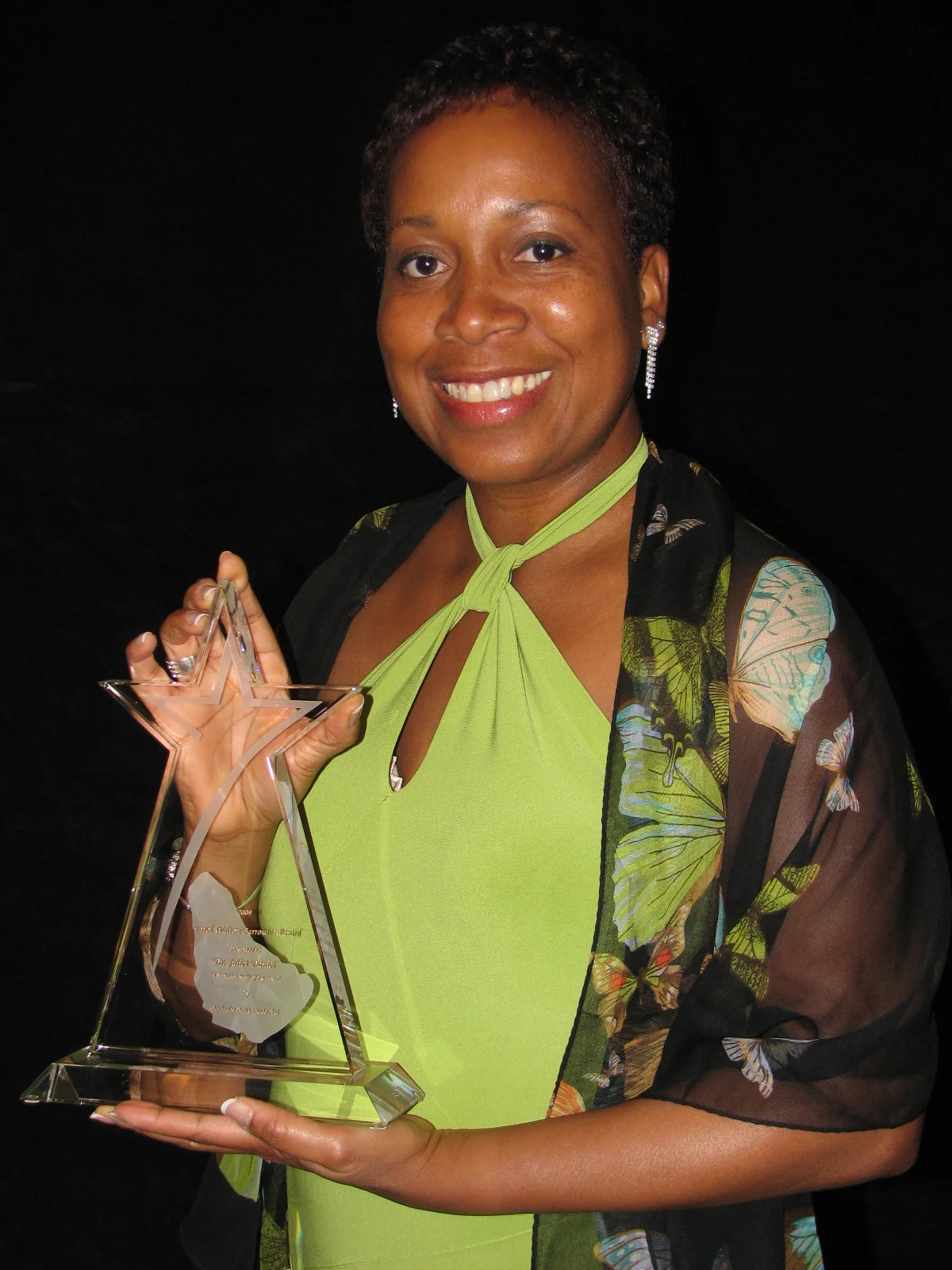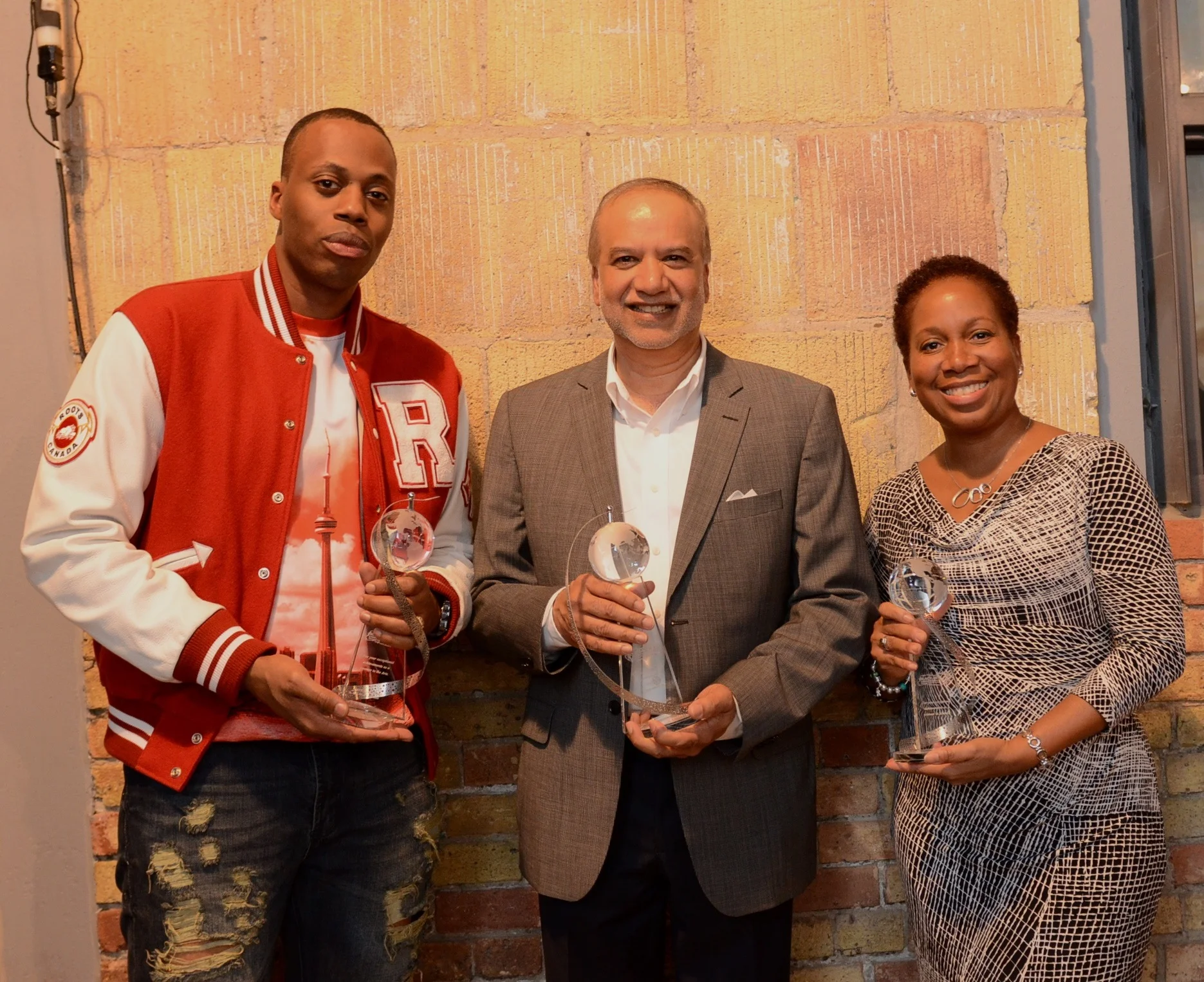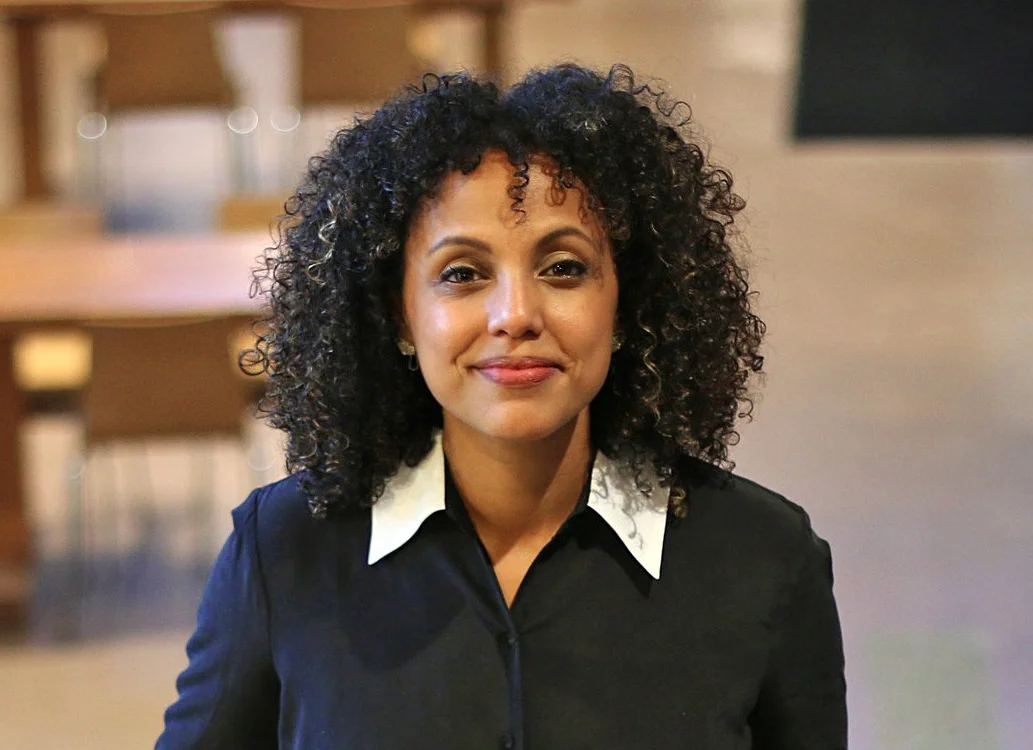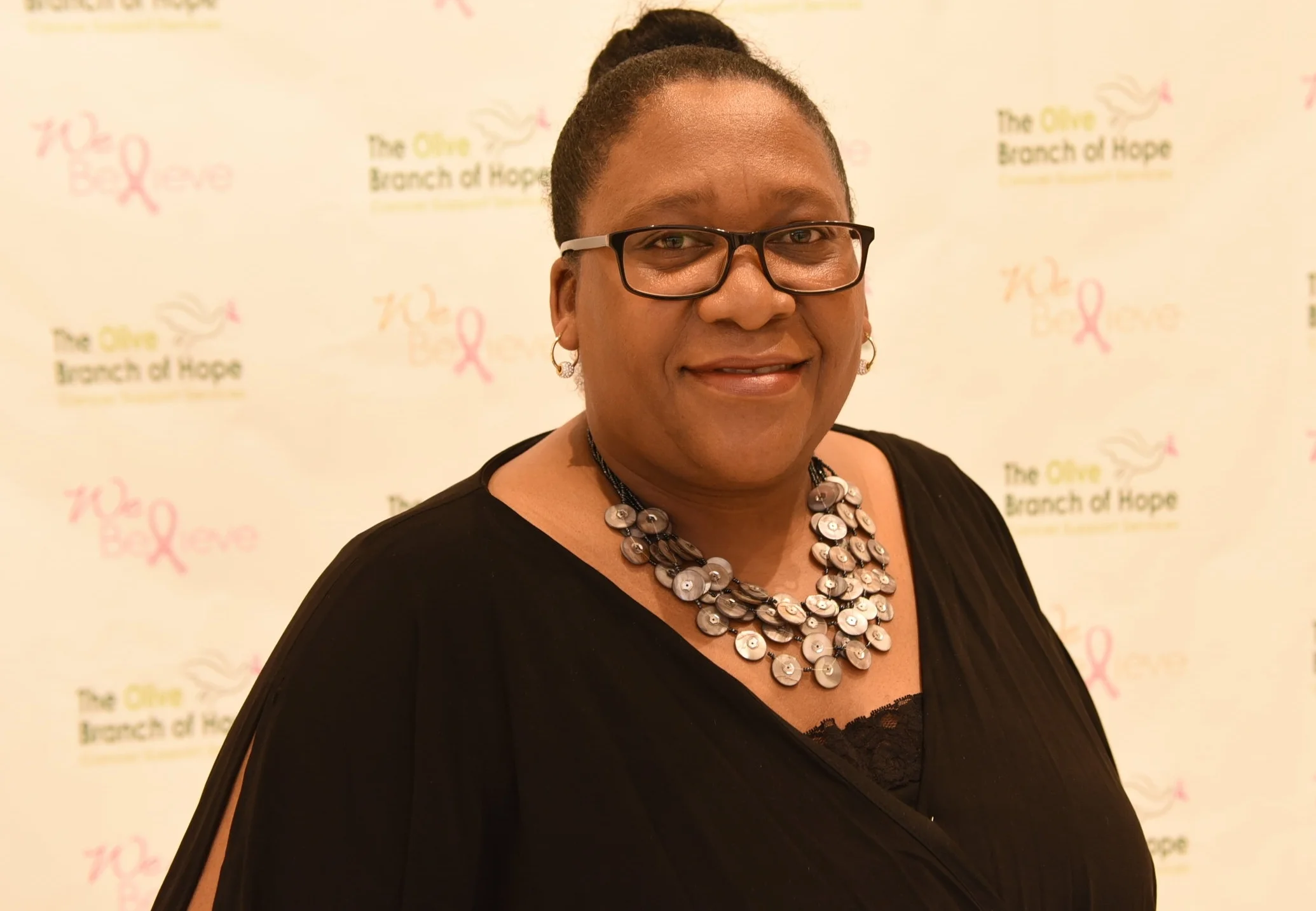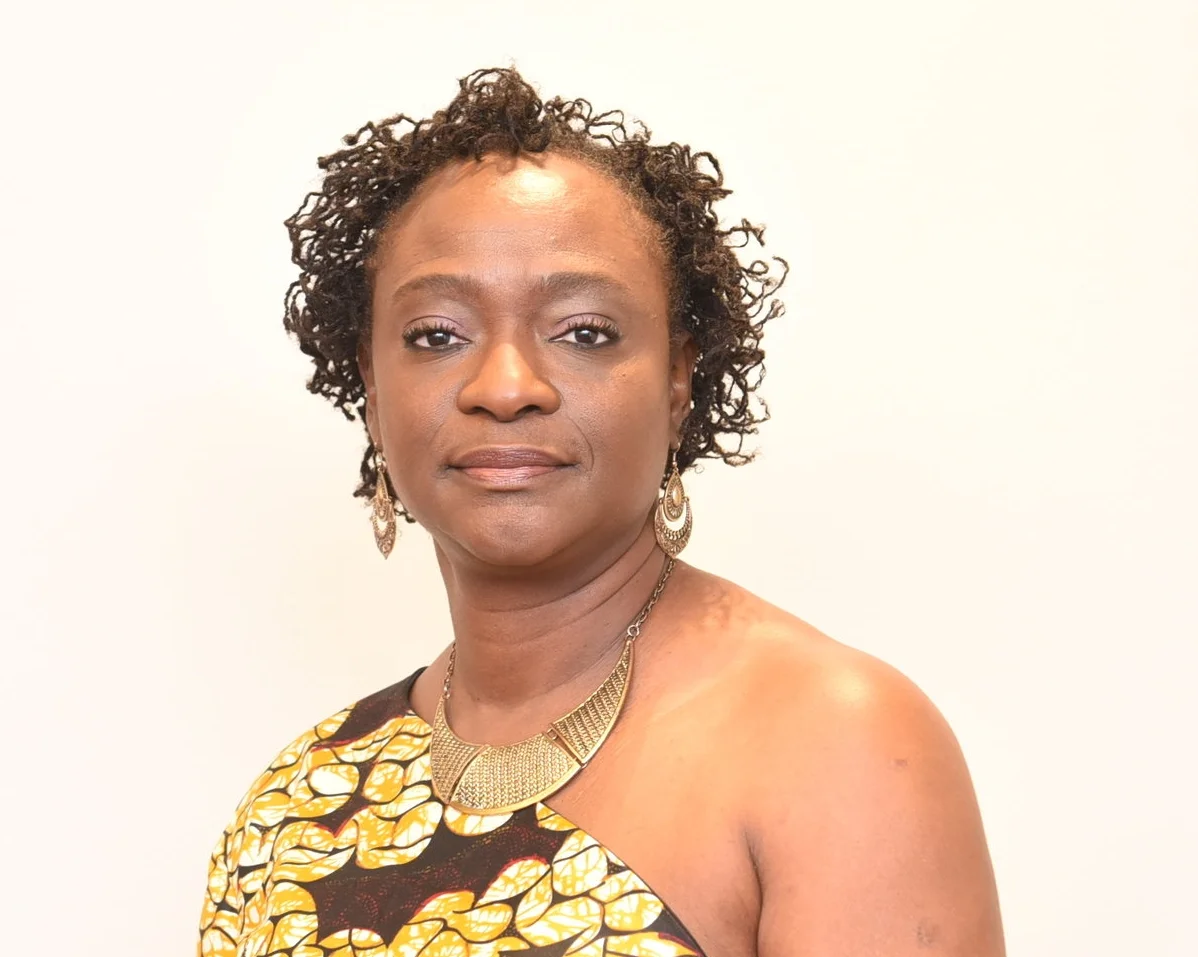Cancer researcher lauded for her leadership
February 6, 2019
A cancer diagnosis is devastating, even for someone engaged in ground-breaking research in the field.
Breast cancer is the most common cancer among women and Dr. Juliet Daniel wasn’t spared.
She was diagnosed in March 2009.
“When I got the news, I experienced every emotion you could think about, including shock, fear and anxiety,” Daniel said.
How does a cancer cell researcher cope with a cancer diagnosis?
“In some ways you know too much and it could have a negative effect because sometimes you worry more than the average person,” said the Barbadian-born cancer biologist. “You challenge your medical team a little bit more and you ask your family doctor and oncologist way more questions than the typical patient would. Depending on the self-esteem of the oncologist or physician, you might clash with them. I had a very good medical team. Once they knew I am a scientist and cancer researcher, they understood where my questions were coming from and they treated me respectfully. They knew they could talk to me scientifically about everything rather than toning things down.”
With the support of family and friends and the power of prayer, Daniel withstood several surgeries and treatment.
“The network of support was huge,” she added. “I had friends all over the world that prayed for me. In the first two years, I sent out monthly e-mails and they all prayed and fasted as they could on Thursdays. I knew that on that day, people were praying for me. That was incredibly reassuring and comforting and it gave me the energy and strength I needed to keep fighting.”
Almost 35 years after Daniel’s application to pursue medical studies at the University of the West Indies (UWI) Mona campus was turned down, the Caribbean’s top tertiary institution reached out to her.
Receiving a letter a few months ago indicating she was a recipient of a Vice-Chancellor Award caught the McMaster University Professor off guard.
“I have no idea how this all happened,” the Canadian Multicultural LEAD Organization for Mentoring & Training co-founder said. “I was shocked. At the same time, I am very honoured.”
Dr. Juliet Daniel
It was a good thing that Daniel’s parents had a backup plan to send the eldest of their two children overseas to study.
Her mom, who was a housewife, and dad – he made antique-style furniture from mahogany -- scrimped and saved for her to enroll at Queen’s University where she completed a Life Sciences degree in 1987.
Upon completing her Ph.D. in Microbiology at the University of British Columbia in 1993, Daniel spent six years between Memphis and Nashville as a post-doctoral research fellow.
It was during the first three years at St. Jude Children’s Research Hospital in Memphis that she unearthed and cloned ‘Kaiso’ which is a protein that regulates the expression of genes that control cell proliferation and can, if it malfunctions, possibly result in tumor progression.
That wasn’t her only discovery.
Racism was everywhere she went in the city where Dr. Martin Luther King Jr. was assassinated in 1968 while there to support sanitation workers and their boycott against companies with unfair hiring practices.
“The first 10 days was a nightmare and I almost packed up and came back to Canada,” Daniel, a high school mate of Barbados’ first female Prime Minister Mia Mottley, recalled. “I couldn’t get a driver’s license which was needed to open a bank account. I broke down in tears at the bank pleading to open an account and making it clear that I was there to deposit a cheque and not steal money. There was this teller who told me to calm down and asked where I was going to work. When I told her I was a new employee at St. Jude, she queried if I was a doctor and asked why I didn’t tell her that from the start. That was a rude awakening for me and it aroused my interest in Black history. I really immersed myself in Black culture after that experience.”
When her supervisor moved the lab in 1996 to Vanderbilt University Medical Centre, she tagged along.
Daniel returned to Canada in October 1999.
Dr. Juiiet Daniel with Tracker Networks Inc. chair and CEO Roger Mahabir (C) and rapper Kardinal Offishall
“Having lived in the United States for six years, by that point I had determined that Canada was the better of the two countries,” she noted. “Also, I couldn’t do the type of research that I do in the Caribbean because there were no research centres there.”
Daniel commenced her academic career at McMaster University a month after her return 20 years ago.
“I cancelled a scheduled interview with the University of Manitoba because of that province’s frigid winter temperatures,” the African-Caribbean Faculty Association of McMaster co-founder said. “McMaster offered me a position less than one week after I interviewed with them.”
Daniel, who established her lab 19 years ago, is fulfilling a childhood dream of doing research that would help people, particularly in developing countries.
“I always had the sense that research was the core of health care because without research, you can’t really develop drugs and treat patients,” she said. “I felt that physicians were like the last part of the process. I felt the researcher made discoveries and helped millions of people. In order to do that, you have to have a lab or go into industry. The reason I chose academia is because industry is far too structured and rigid. Though academia is challenging and lots of work is involved, you have flexibility and can choose to work from home. In industry, you have to go into an office daily. They also have control over your project. If it’s not moving fast enough in industry, they have the right to pull the plug on it. In academia, you can have a hunch and keep working on it even if it’s taking long.”
The recent discovery that Kaiso is playing a role in aggressive cancers is groundbreaking for Daniel’s lab.
“More importantly, it seems to be playing a role in the racial disparities in the outcomes of prostate and breast cancers,” she said. “In the literature, we know that Black men diagnosed with prostate cancer have higher mortality rates than Caucasian men. Likewise, Black women with a sub-type of breast cancer – triple-negative breast cancer – have higher mortality rates than White women with the same type of breast cancer. Kaiso, somehow, seems to play a role in their disparity. That right now is our most exciting finding.
“When we made a mouse model where we removed Kaiso expressions in breast tumor cells, we found that these mice did not form tumors. We basically put breast tumor cells into the mice and those that got the cells with lots of Kaiso expressions formed big tumors that spread to the lungs and liver of those mice. However, when we took another set of mice where we removed Kaiso from the breast tumor cells and put them into the mice, the mice took very long to grow breast tumors and then when they grew the tumors, they didn’t spread to the lungs or the liver. This indicated that if we could block or prevent Kaiso expression, we could prevent the spread of the breast tumors to vital organs like the lungs and liver and then basically improve the quality of life, increase survival rate and decrease the mortality rate. There is the possibility that we can develop a drug that can inhibit Kaiso in breast tumors and possibly prevent them from spreading. It’s that spreading to vital organs like the brain and liver that actually kills patients.”
Research labs can’t survive without graduate students.
Dr. Christina Pierre joined Daniel’s lab in 2008 while she was a Master of Science candidate at McMaster University.
“In spite of my lack of knowledge, Dr. Daniel took a chance and welcomed me into her lab,” said Pierre who is a clinical chemistry fellow in the University of Virginia Health System. “Coming out of an undergraduate program, I expected to receive a step-by-step outline from her of what I should be doing within the first few weeks of my program. Instead, I was given one of Dr. Daniel’s funded grants to review so I could determine which aspects I thought were interesting for me to pursue as my research project. This was shocking, but I soon came to realize that Dr. Daniel functions at a level of leadership that seeks to create leaders and not followers.
“Throughout my graduate training, she gave me enough room to develop my own ideas, think critically and make mistakes while providing me with guidance on how to approach problem-solving, manage my time, prioritize tasks, seek help and navigate conflict. The learning opportunities that she offers her students in lab management, grant review and conference attendance are extraordinary and have endowed me with several practical skills that I use daily. She also serves as a role model for social responsibility which inspired me to become more involved in giving back to my community. I look to her as an exemplar of the intelligence, good character, faith, perseverance and kindness that I hope to myself embody. She has been a continual source of personal support and motivation even beyond my completion of graduate school.”
The eight years Dr. Shaiya Robinson spent in Daniel’s lab were quite fulfilling.
“In addition to giving her students the opportunity to perform cutting-edge cancer research, Dr. Daniel allowed us to critically review her grant proposals and act as ‘ghost reviewers’ for several primary research articles,” said the Hospital for Sick Children’s Research Institute post-doctoral research fellow. “This experience opened my eyes and made me aware of what constitutes stronger versus weak grant writing and gave me a glimpse of what it takes to succeed as an academic.
“Graduate school is hard enough as it is, but it can be much harder if you don’t have a good supervisor. As students, not only did we receive constructive criticism from Dr. Daniel, but she gave us a shoulder to cry on, an ear for angry rants along with life and career advice. In this way, she was a mentor, supervisor, lab mother and guidance councillor all in one.”
Over the years, Daniel has been recognized with myriad honours for professional excellence. They include Harry Jerome, African-Canadian Achievement, YWCA Hamilton Woman of Distinction, Black Arts & Innovation Expo Trailblazer, Errol Walton Barrow, John Holland, Ontario Premier Research Excellence and Barbados’ Gold Crown of Merit.


